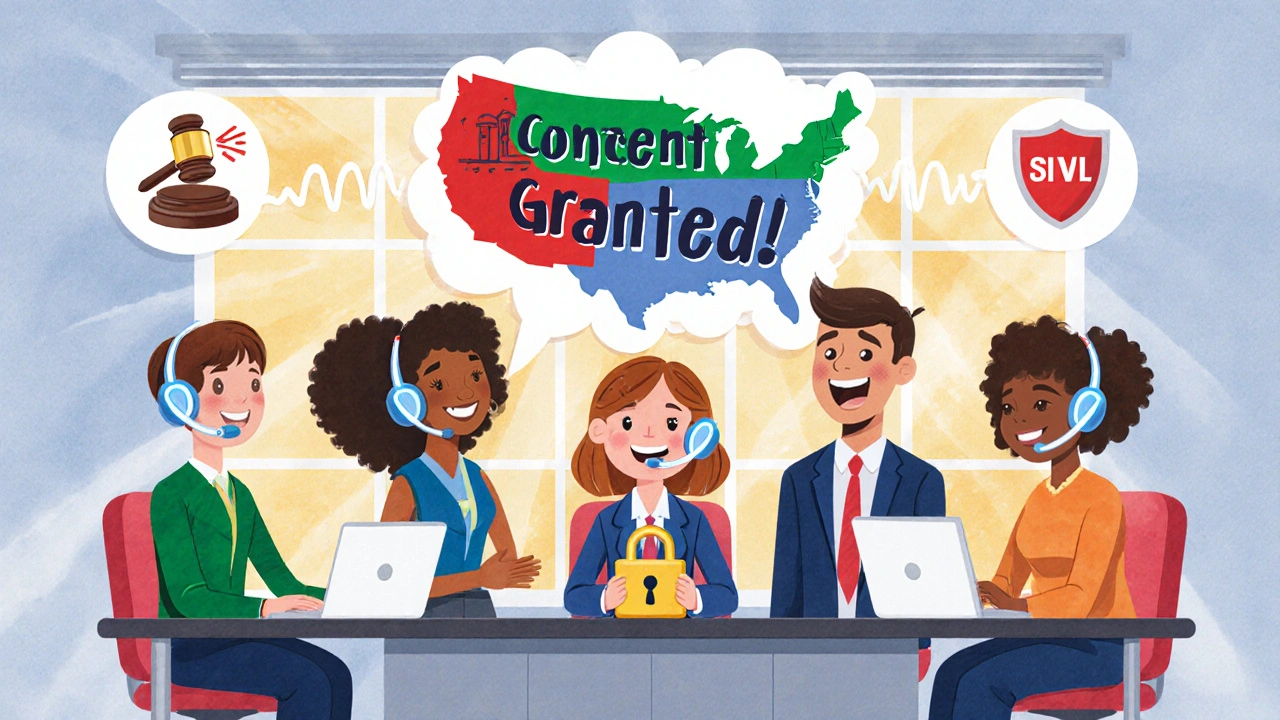PCI DSS Call Recording: Compliance, Security, and Best Practices for VoIP
When you record calls in a business that handles credit card payments, you’re not just capturing conversations—you’re handling sensitive data that falls under PCI DSS call recording, a set of security standards designed to protect cardholder data during storage, processing, and transmission. Also known as Payment Card Industry Data Security Standard call recording, it’s not optional if you take payments over the phone. Ignoring it doesn’t just risk fines—it can expose your customers to fraud and your business to lawsuits.
PCI DSS doesn’t ban call recording. It just demands control. If you record calls containing card numbers, you must ensure the audio is encrypted, access is restricted, and card data is either blocked or permanently deleted after the call. Many businesses make the mistake of recording everything and storing it unsecured—this is a direct violation. Tools like VoIP call recording, software that captures voice traffic over internet-based phone systems can help, but only if configured right. You need to know which codecs to use, where to store files, and how to segment network traffic to prevent breaches. It’s not about buying fancy software; it’s about setting up the right rules before you hit record.
Related systems like call recording software, applications that capture, store, and manage voice recordings for compliance and quality control often come with built-in PCI DSS features—like automatic redaction or tone detection that mutes card numbers in real time. But not all tools are equal. Some only record the audio stream without touching the underlying SIP packets, leaving gaps. Others store recordings in the cloud without encryption keys you control. That’s why understanding your VoIP setup matters. If you’re using a cloud provider like OpenPhone or Microsoft Teams, check their compliance docs. Are they PCI DSS certified? Do they offer audit logs? Can you disable recording for certain extensions? These aren’t just IT questions—they’re legal ones.
And let’s not forget access. VoIP security, the practice of protecting internet-based phone systems from breaches, toll fraud, and unauthorized access goes hand-in-hand with recording compliance. If someone hacks your admin panel, they can download every call you’ve ever recorded. That’s why least privilege access and role-based controls are non-negotiable. Only the people who need to review calls for training or compliance should have access—and even then, only for a limited time. Audits aren’t just paperwork. They’re your shield.
What you’ll find below are real, tested guides on how to set up call recording without breaking the law. From configuring your VoIP system to avoid storing card numbers, to choosing the right storage solution and training your team on consent rules, every post here cuts through the noise. No theory. No fluff. Just what works for small businesses and call centers handling payments today.
